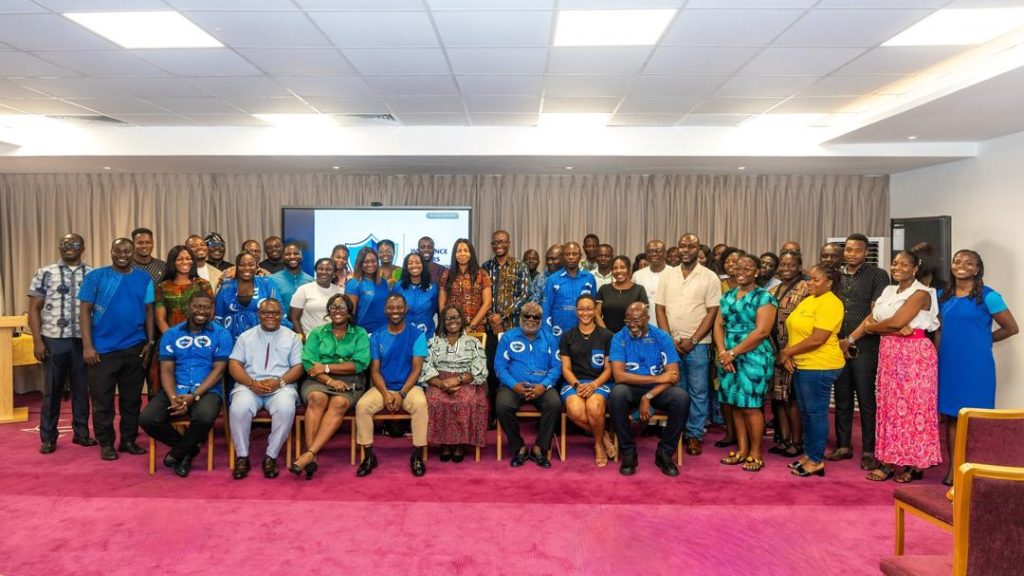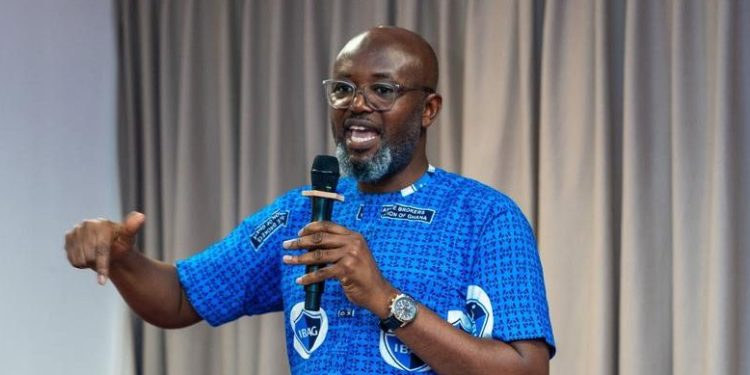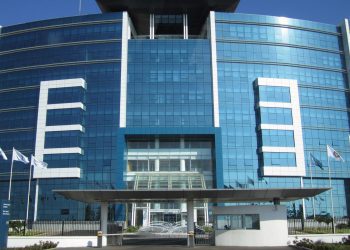The President of the Insurance Brokers Association of Ghana (IBAG), Mr. Shaibu Ali, has strongly urged Ghanaians to engage the services of licensed insurance brokers when purchasing insurance policies, stressing that brokers ensure clients receive the best value, fair terms, and prompt claims settlements.
He said many insurance consumers in Ghana continue to buy policies directly from insurance companies without understanding the terms and conditions, a situation that leaves them exposed to exploitation and unnecessary losses.
“It is important for you, as a consumer of insurance, to use a broker in purchasing insurance,” Mr. Ali emphasised.
“A broker is a professional who knows the right price companies should charge, the right insurer to place your policy with, and the right terms and conditions that should go into your document.”
He explained that individuals who deal directly with insurance companies often lack the technical knowledge to identify gaps or unfair clauses in their policies.
A broker, he said, is trained to review policy documents, detect unfavourable terms, and negotiate on behalf of the client to secure better protection.
Brokers represent the client’s interest
Mr. Ali stressed that brokers have a fiduciary responsibility to serve the interest of clients — not the insurance companies. From purchasing a policy to making a claim, brokers provide professional guidance to ensure fairness and transparency.
“If there’s a claim, the broker steps in and handles it for you,” he said. “All you need to do is notify them of the incident, provide the necessary documents, and they’ll deal with the insurer on your behalf. You don’t need to worry — you just go to sleep.”
Without a broker, he cautioned, policyholders may not even realise when an insurer is underpaying or acting unfairly.
“The broker uses technical knowledge and industry leverage to negotiate better outcomes for clients,” he explained.
“If you buy insurance on your own, you might just accept whatever is given to you — but with a broker, you have someone fighting for your rights.”
No extra cost to the client
Mr. Ali also debunked the misconception that using a broker attracts extra costs.
He clarified that brokers are paid a commission directly by the insurance company from the premium the client pays.

“The broker’s fee comes from the insurer’s share of the premium,” he said.
“If you don’t use a broker, the insurance company keeps that portion — but you lose the professional service that a broker provides.”
In fact, he said, brokers often help clients save money by negotiating lower premiums using their knowledge of market pricing and competition.
“Effectively, you don’t lose a single cedi by using a broker — you actually stand to gain,” he stressed.
How to find a licensed broker
There are about 150 licensed insurance brokers operating across Ghana, all approved and regulated by the National Insurance Commission (NIC).
Mr. Ali advised consumers to verify the credentials of brokers before engaging their services.
“If you visit the NIC’s official website or search online for licensed insurance brokers in Ghana, you’ll see a full list of approved brokers,” he said.
“Don’t just walk into any insurance company to buy a policy. Appoint a broker to represent your interests. They are your personal insurance advisers — not agents of the insurer.”
Insurance penetration still below 40%
Mr. Ali expressed concern about Ghana’s low insurance penetration rate, which currently stands below 40 percent.
This means over 60% of Ghanaians are not covered by any form of insurance, exposing them to severe financial risks in the event of accidents, fires, illnesses, or death.
“When we say penetration, we’re talking about the percentage of people who have insurance in the country,” he explained.
“In Ghana, it’s below 40%. That means six out of every ten Ghanaians have no insurance at all — and that’s what we’re trying to change.”
He noted that Ghana’s penetration figures appear lower compared to countries like South Africa or Morocco because those countries combine data from insurance, pensions, and health insurance under one measure. In Ghana, each is regulated separately.
“If we were to compile the figures the same way, our overall financial protection coverage would be much higher,” he said.
Industry paying GH¢9.2m in claims daily
The IBAG President highlighted that the insurance industry has become more responsive and efficient in recent years.
Currently, insurers pay about GH¢9.2 million in claims every single day across both life and non-life segments.
“Claims payment is no longer the problem it used to be,” he stressed.
“Half of the insurance companies now have same-day claims payment policies for claims below GH¢5,000. If your car gets into a minor accident and your claim is below that amount, you can get paid the same day.”
For higher claims, he said most insurers complete payments within two to three weeks once all required documents are submitted.
“In the past, claim processing was frustrating,” Mr. Ali recalled. “Today, competition has changed the game. With about 50 insurance companies in the market, if one delays payment, another will step in — and they all know clients can easily switch.”
Regulator protects policyholders
Mr. Ali also commended the National Insurance Commission for tightening regulatory oversight to protect policyholders.
He urged clients whose genuine claims are delayed or denied to report directly to the Commission for redress.
“If your claim is legitimate and the insurer has the capacity to pay, the NIC will compel them to do so,” he said. “No customer should fold their arms and accept an unfair outcome.”
Insurance as a tool for financial security
The IBAG President urged Ghanaians to view insurance not merely as a legal requirement — particularly for vehicle owners — but as an essential pillar of personal and business financial security.
“Too many people think insurance is for others — until disaster strikes,” Mr. Ali cautioned.
“Whether it’s fire, theft, health, or life, insurance is what helps you recover and rebuild.”
He expressed optimism that with the growing role of brokers, better regulation, and improved claim settlements, Ghana’s insurance industry would expand rapidly and become more inclusive.
“At the end of the day, insurance is peace of mind,” he concluded. “And with a broker by your side, you can be sure you’re getting the best protection your money can buy.”













